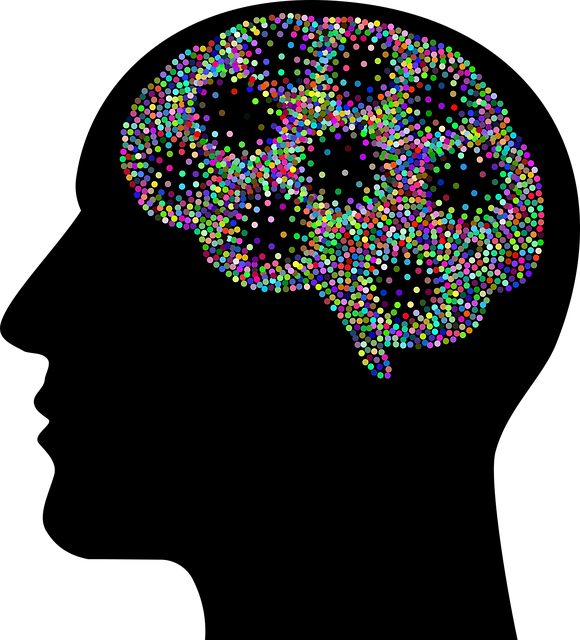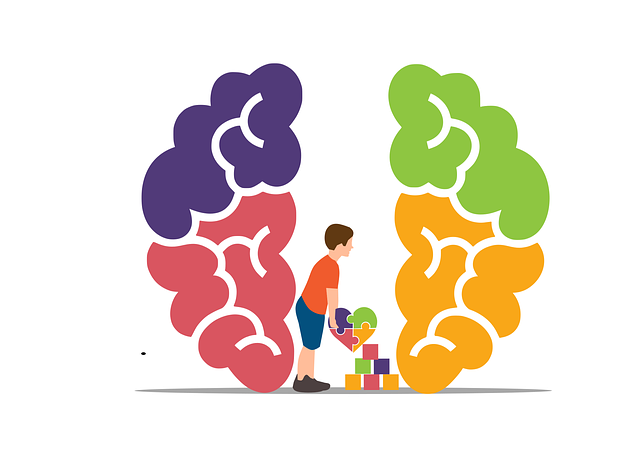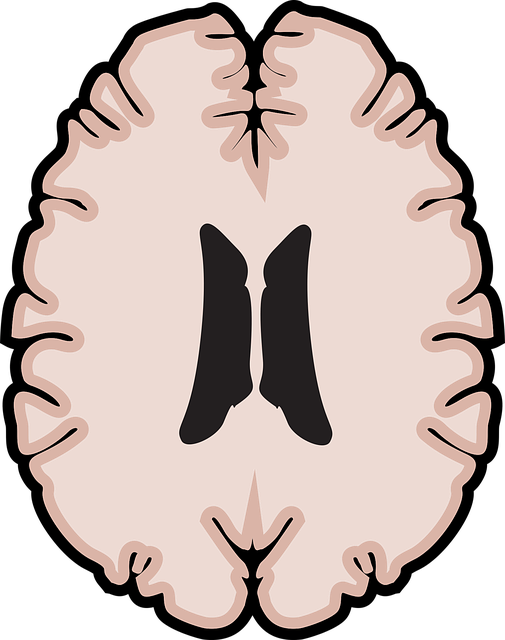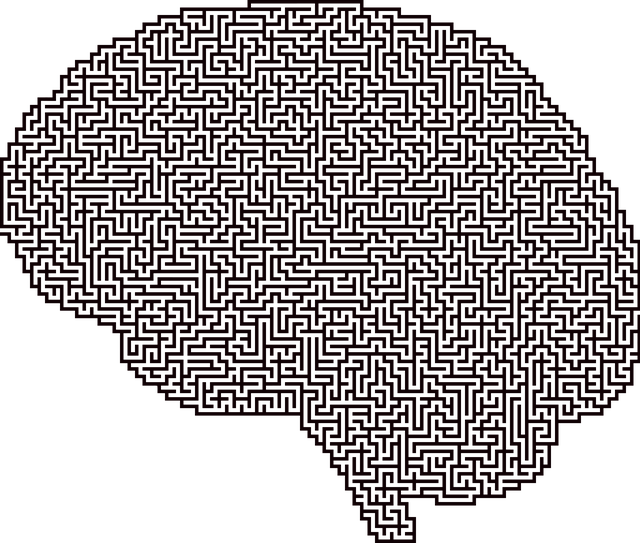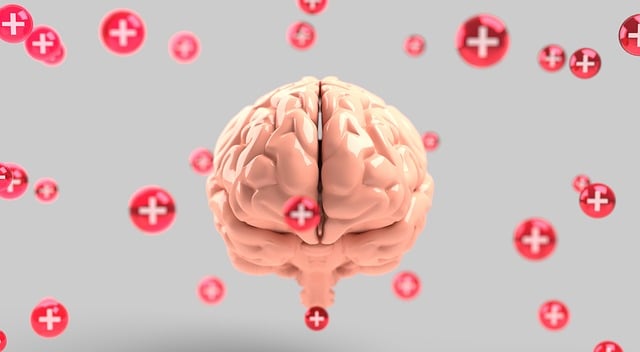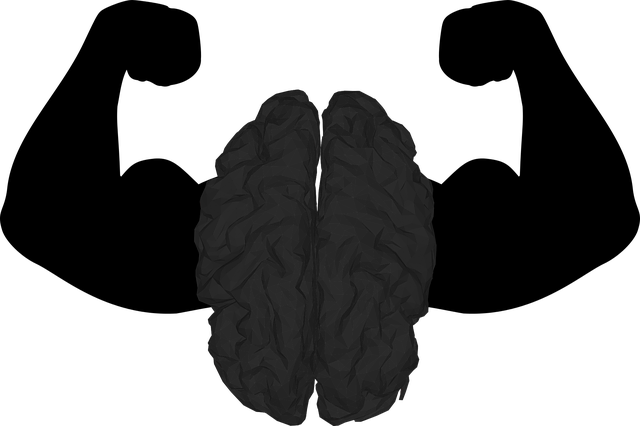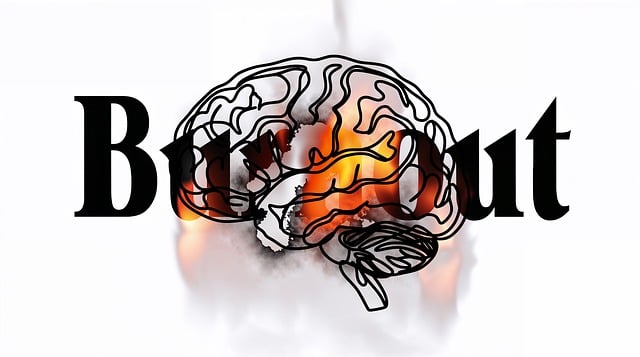Digital interventions, especially apps, are transforming Englewood Obsessive Compulsive Disorder (OCD) therapy by supplementing traditional approaches with tailored self-care practices focusing on stress reduction through mindfulness exercises. These apps utilize evidence-based techniques like exposure and response prevention (ERP), emphasizing cultural sensitivity for inclusivity. They enhance mental wellness outcomes, offer personalized CBT and ERP, and incorporate community support features while prioritizing user privacy and data security under regulations such as GDPR or HIPAA.
In today’s digital age, mental wellness app development is revolutionizing access to therapy. This article explores how technology can be harnessed to address specific mental health challenges, using Obsessive Compulsive Disorder (OCD) as a case study. We delve into the role of apps in bettering mental wellness, discuss key features for effective OCD treatment apps, and examine ethical considerations surrounding data privacy. By understanding these aspects, developers can create tools like Englewood OCD therapy apps that foster healing and support.
- Understanding Mental Health Challenges: OCD as a Case Study
- The Role of Technology in Therapy: Apps for Better Mental Wellness
- Developing an Effective OCD Treatment App: Features and Considerations
- Ethical and Privacy Concerns in Mental Wellness App Development
Understanding Mental Health Challenges: OCD as a Case Study

Understanding Mental Health Challenges: OCD as a Case Study
Englewood Obsessive Compulsive Disorder (OCD) therapy is a prime example of the diverse mental health issues that modern apps aim to address. OCD, characterized by intrusive thoughts and repetitive behaviors, can significantly impact daily life. Traditional treatments include cognitive-behavioral therapy (CBT) and medication, but digital interventions offer new hope for those seeking self-care practices tailored to their unique needs. Apps designed for OCD often incorporate stress reduction methods, such as mindfulness exercises, to help users manage symptoms.
Cultural sensitivity in mental healthcare practice is also crucial when developing apps for conditions like OCD. Different cultures have varying perceptions of mental illness and therapeutic approaches. Effective apps must be inclusive and adaptable, considering the diverse backgrounds of their users. By incorporating principles from various therapeutic traditions and stress reduction methods, developers can create tools that resonate with a broader audience, fostering positive mental wellness outcomes.
The Role of Technology in Therapy: Apps for Better Mental Wellness

Technology has revolutionized the way we approach therapy and mental wellness, offering innovative tools to support individuals in their journey towards better mental health. Mobile apps, in particular, have emerged as powerful resources, providing accessible and personalized solutions for various psychological conditions. One notable area where apps have made a significant impact is Englewood Obsessive Compulsive Disorder (OCD) Therapy. These digital interventions offer structured programs that guide users through exposure and response prevention (ERP), a highly effective therapy for OCD. By combining evidence-based practices with engaging interfaces, mental wellness apps foster a more comfortable and interactive experience for users managing OCD symptoms.
Beyond OCD, the benefits of technology in therapy extend to various other aspects of mental wellness. Apps often incorporate empathy-building strategies, social skills training, and emotional intelligence exercises, promoting self-awareness and connection. They provide opportunities for regular practice and reflection, encouraging users to develop healthier coping mechanisms and improve their overall well-being. With ongoing advancements, these digital tools continue to shape the future of mental health support, making therapy more accessible and tailored to individual needs.
Developing an Effective OCD Treatment App: Features and Considerations

Developing an effective app for treating Obsessive Compulsive Disorder (OCD) requires careful consideration of features that cater to the unique needs of individuals managing this condition. Englewood OCD therapy apps should offer personalized, evidence-based interventions tailored to help users confront and modify distressing obsessions and compulsions. Incorporating components like cognitive behavioral therapy (CBT) techniques, exposure and response prevention (ERP), mindfulness exercises, and progressive muscle relaxation can empower users to develop coping strategies and reduce symptoms over time.
Moreover, effective OCD apps should prioritize user privacy and data security, aligning with Risk Management Planning for Mental Health Professionals. Integrating social skills training features or forums where users can connect anonymously could foster a sense of community and support. Additionally, crisis intervention guidance, accessible through in-app chat or emergency buttons, ensures users have immediate access to help when experiencing severe OCD episodes.
Ethical and Privacy Concerns in Mental Wellness App Development

As mental wellness apps gain popularity, developers must navigate a complex landscape of ethical considerations and privacy concerns. These applications often deal with sensitive personal information, including intimate details about users’ mental health struggles, such as symptoms of conditions like Englewood Obsessive Compulsive Disorder (OCD). Developers have a responsibility to ensure the security and confidentiality of user data, adhering to stringent regulations like GDPR or HIPAA. Transparency in data collection practices is crucial; apps should clearly communicate what information is collected, how it’s used, and with whom it may be shared.
Privacy isn’t just about technical safeguards; it also involves ethical design choices. For instance, developers should avoid collecting more data than necessary for the app’s intended purpose. Features like tracking user activity or location can be valuable for some mental health apps, but users must give explicit consent. Moreover, considerations of burnout prevention and emotional regulation should guide design decisions, ensuring apps promote healthy habits rather than potentially triggering excessive use or reliance on digital therapy as a sole means of support.
Mental wellness apps, such as those designed for Englewood Obsessive Compulsive Disorder (OCD) therapy, have the potential to revolutionize access to effective treatment. By leveraging technology, these applications offer personalized, accessible, and often cost-effective solutions for managing mental health challenges. However, developers must carefully navigate ethical considerations and prioritize user privacy to ensure the safety and efficacy of their apps. Through thoughtful design and a commitment to responsible development practices, mental wellness apps can play a significant role in improving global access to quality care.



